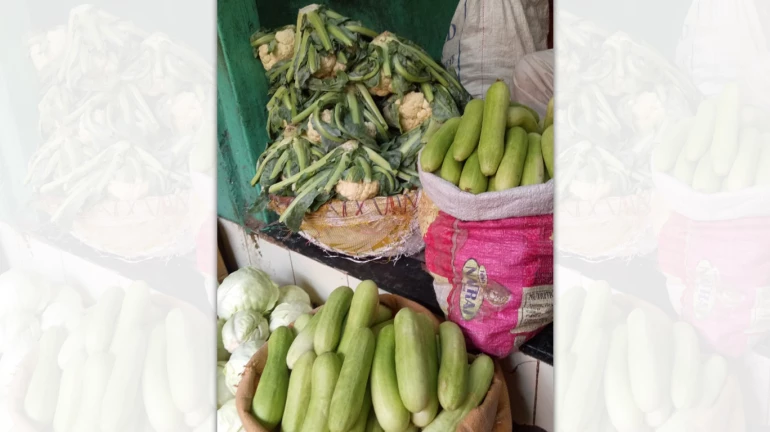
The Brihanmumbai Municipal Corporation (BMC) has set its sights on transforming the rooftops of 250 public schools in Mumbai into urban farms. The primary objective of this initiative is to promote vegetable gardening and utilise the fresh produce in the midday meals provided to the students.
Under the guidance of the World Resources Institute India and in collaboration with private players, the BMC launched successful organic farming projects at two locations: the Scouts and Guides District Centre in Powai and the Mumbai Public School in Collector's Colony, Chembur. These pilot projects aimed to assess the viability and effectiveness of rooftop farming in an urban setting.
With positive results and the support of the involved stakeholders, the civic body intends to expand the urban farming project to more than half of its 450 school buildings. The ultimate goal is to produce enough vegetables to meet the dietary requirements of school children during their lunch meals. To achieve this, the BMC is exploring various solutions such as mobile farms and vertical farms. It is also prioritising water optimisation strategies to ensure sustainable agriculture practises.
The Chembur and Powai pilot projects were implemented as part of the "nature-based solutions accelerator" programme initiated by the World Resources Institute India and the BMC. Additionally, Mumbai's commitment to environmental conservation led to its participation in the Cities4Forests alliance, which focuses on protecting trees, urban parks, and forests. Through this partnership, the BMC gained access to climate funding to support its efforts in implementing nature-based solutions.
The significance of urban rooftop farming as a strategy for regreening the city was recognised with the launch of the CityFixLabsIndia NBS-Accelerator programme in February 2022. While the mobile farming units were utilised in Chembur, a traditional setup was adopted in Powai to assess the effectiveness of different approaches.
The initiative not only focuses on the practical aspect of farming but also emphasises education and community involvement. Students and teachers involved in the gardening projects receive training to develop essential gardening skills and knowledge.
Moreover, the BMC aims to establish these facilities in the most vulnerable areas of the city, ensuring that communities with limited access to fresh produce can benefit from this initiative.
The BMC's commitment to nature-based solutions extends beyond rooftop farming. The NBS-Accelerator programme has led to the implementation of other environmentally friendly initiatives in educational institutions across Mumbai. Examples include a vermiculture-based sewage treatment facility at Mumbai University and stream restoration at IIT-Bombay. These nature-based solutions contribute to a more sustainable and greener urban environment.
To further improve the initiative, the World Resources Institute India has provided recommendations to the BMC. They include creating a standard operating procedure to address safety requirements and approvals, allocating resources for permanent gardeners, budgeting for seeds and saplings, and establishing a robust monitoring mechanism to track progress and outcomes.





